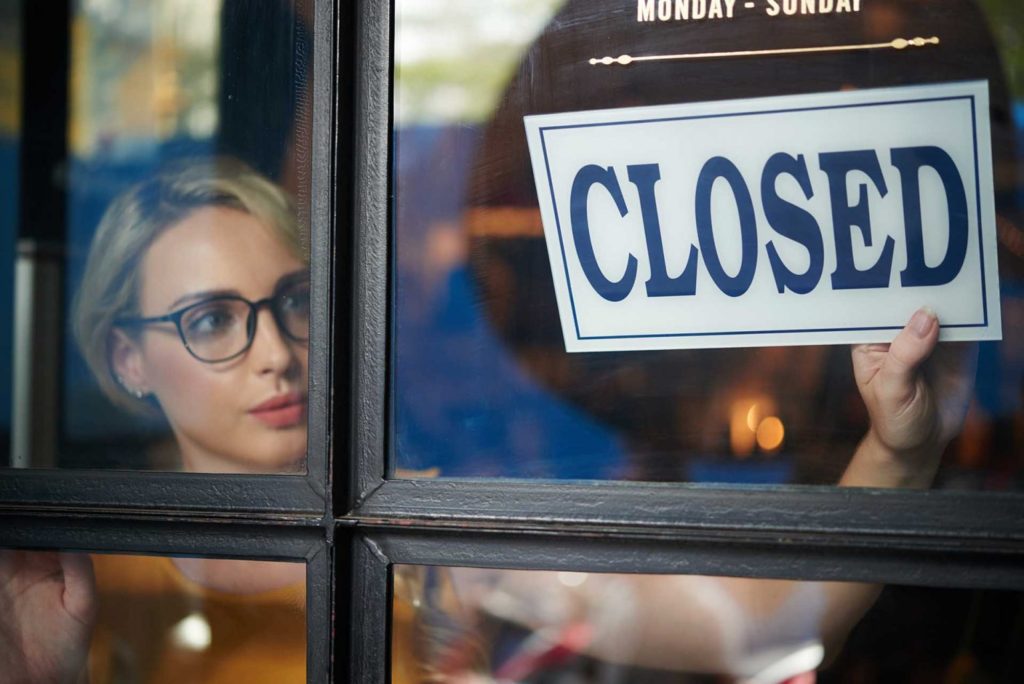How Holiday’s and Holiday Pay Work in California law

With several National holidays just around the corner, it is a good time to review employer’s obligations to accommodate requests for time off for holidays and set up best pay practices during holiday leaves. Let’s also look at the rules surrounding holiday time off and how other paid and unpaid time off integrates with those holidays.
Holiday pay is not mandatory
Companies can choose to close on a holiday with or without pay or remain open for business and require that employees work. It is the company’s decision, but it should be clear in the handbook prior to the holiday.
If a company chooses not to pay for the holidays but the business is closed, nonexempt employees do not need to be paid, but remember, exempt employees must be paid their normal salary if they have worked any days in that week.
Holiday pay is regular time pay
If you do observe holidays by allowing paid time off, all designated holiday hours, are typically paid at straight time pay. For example, the employee takes the holiday off (8 hours) but still works 40 hours the employee would be paid 48 regular hours.
And don’t forget, you can set your eligibility for holiday pay at 30, 90, or however many days you determine.
What happens when the employee WORKs the holiday?
Employers who choose to provide holiday pay to employees and the employee is called to work have options:
- Employees can be paid for all hours worked AND paid the holiday pay at regular rate. Example, the employee works 8 hours on Independence Day, and it is a company designated holiday. The employee would receive 16 hours of regular pay (8 worked and 8 holiday)
- Employers can choose to give another day off in lieu of the holiday. The employee who works Independence Day may then take the following day off as the holiday.
- Employers can also choose to pay a premium pay to those employees who have to work. For example, an employer can choose to pay 1.5 times the employee’s normal rate of pay.
What happens when the employee calls in sick before or after the holiday?
This is a frequent question by employers around the holidays. Although company handbooks often state the employee must work the regularly schedule shift before/after the holiday to receive holiday pay, there is a little glitch. If the employee uses available paid sick time for that call in, they are protected against retaliation, this includes their loss of holiday pay. In this case, they must also receive their holiday pay. A policy like this can be valid if applied only when an employee takes time off before or after the holiday and does not have available sick pay.
Every business is different when it comes to holidays and time off, it best to sit down and determine what your goals are and how you can best meet them by developing proactive time off policies in your workplace.
At Infinium, we’re always here to help you develop the best policies for your company, and help you manage situations when they arise. Contact us at info@infiniumhr.com.
